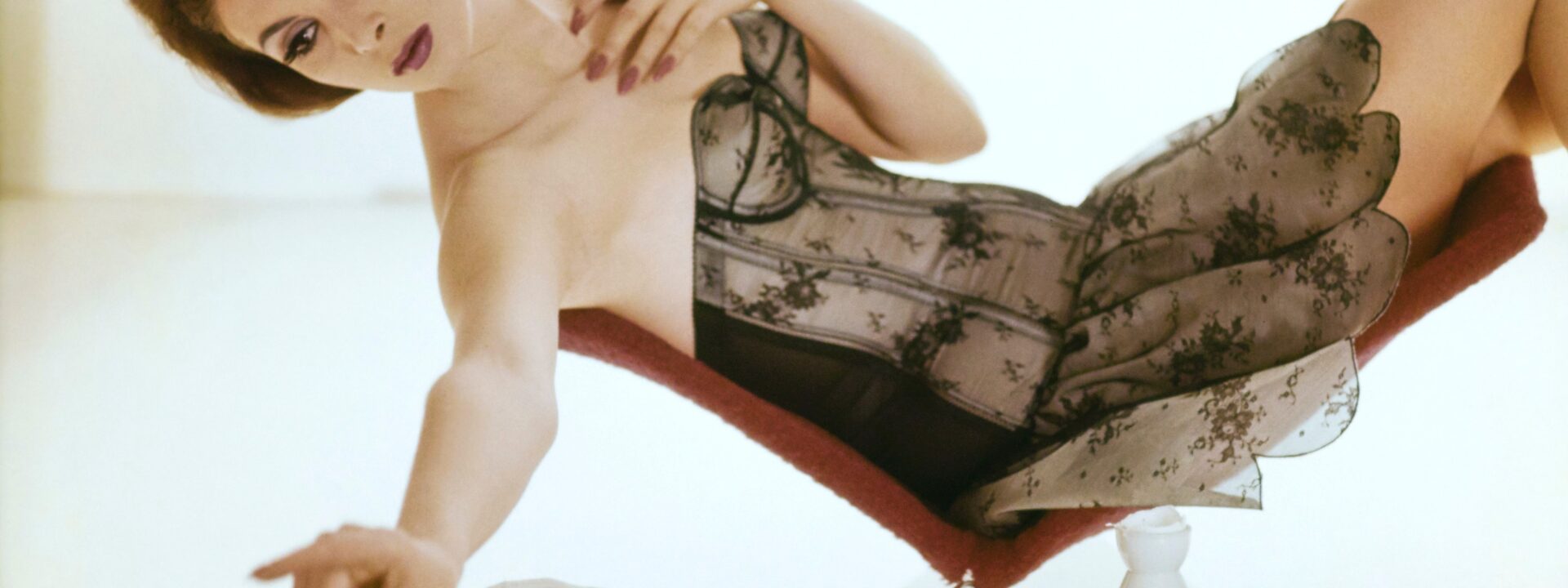There’s no denying the nutritional and cultural importance of eggs. In Western culture, they’re a staple of both everyday meals and seasonal traditions—imagine breakfast or Easter without them.
Eggs are an ancient food, valued since prehistoric times when early humans domesticated birds to ensure a steady food supply. But their significance goes beyond nutrition—eggs are deeply symbolic. Just look at how rising egg prices have sparked public debate in America over the past year, and even throughout political history.
### The Symbolism of Eggs
Eggs have long symbolized rebirth. Across cultures, they mark the return to life and are often found engraved on tombs. In pre-Christian traditions, eggs were part of spring rituals celebrating the earth’s fertility. Ancient Egyptians decorated eggs as offerings to their gods, while in Christianity, they represent resurrection. Even in modern cosmology, eggs appear in creation myths.
Science reinforces this symbolism—the female reproductive cell is, after all, called an egg. Beyond mythology and religion, eggs embody life’s natural cycle, representing health, domesticity, fertility, and even prosperity.
### The Nutritional Benefits of Eggs
Eggs are the most affordable and accessible source of protein worldwide. While the U.S. and Europe consume plenty, Asia leads in egg consumption—Hong Kong alone averages 57 pounds per person annually, according to World Population Review.
Eggs are a complete protein, containing all nine essential amino acids the body can’t produce on its own. Since protein is built from 20 amino acids, and we can only synthesize 11, the remaining nine must come from food.
Nutritionists often hail eggs as a golden food—more affordable than lean meats or fresh fish, versatile, portable (when hard-boiled), and easy to cook. A single egg packs over six grams of protein for just 70 calories, along with healthy fats that promote fullness.
Eggs also provide choline, crucial for brain development, especially during pregnancy and childhood. They contain lutein and zeaxanthin, antioxidants that support eye health by protecting against macular degeneration and cataracts.
### Eggs in Art and Film
Given their role in both imagination and diet, eggs frequently inspire artists and filmmakers. They can symbolize femininity—whether in discussions of abortion, lost potential, or fragility. The egg’s mysticism often ties to themes of birth and death, a duality both profound and unsettling.
Surrealist Salvador Dalí was fascinated by eggs, seeing them as a balance of strength and fragility—emblems of creativity and the transition between inner and outer worlds. At his museum in Figueres, Spain, giant white eggs crown the roof, representing the creative mind.
On the other hand, Alfred Hitchcock famously despised eggs, saying, “I’m frightened of eggs—worse than frightened, they revolt me.” His ovaphobia was so intense he reportedly never ate one.
Whether revered or reviled, eggs remain a powerful symbol and a nutritional powerhouse, woven into the fabric of culture, art, and daily life.”A smooth, round object with no holes… have you ever seen anything more disgusting than an egg yolk breaking and spilling its yellow liquid?” This sentiment might shed light on the director’s choice of subject matter in his iconic 1963 film The Birds.
Eggs also play a significant role in more recent films. In Olivia Wilde’s 2022 movie Don’t Worry Darling, the main character, Alice (Florence Pugh), makes the same breakfast for her husband, Jack (Harry Styles), every morning. One day, the egg she cracks open is empty—a haunting symbol of the emptiness in her own life.
Similarly, in The Hours (2002)—another psychological drama exploring the stereotype of women’s emotional fragility, especially in domestic roles—there are multiple scenes where Clarissa (Meryl Streep) is shown cooking. One moment stands out: right after cracking eggs into cake batter, Clarissa has an emotional breakdown. The weight of motherhood and domestic expectations finally shatters her composed surface, exposing the raw fragility beneath.
